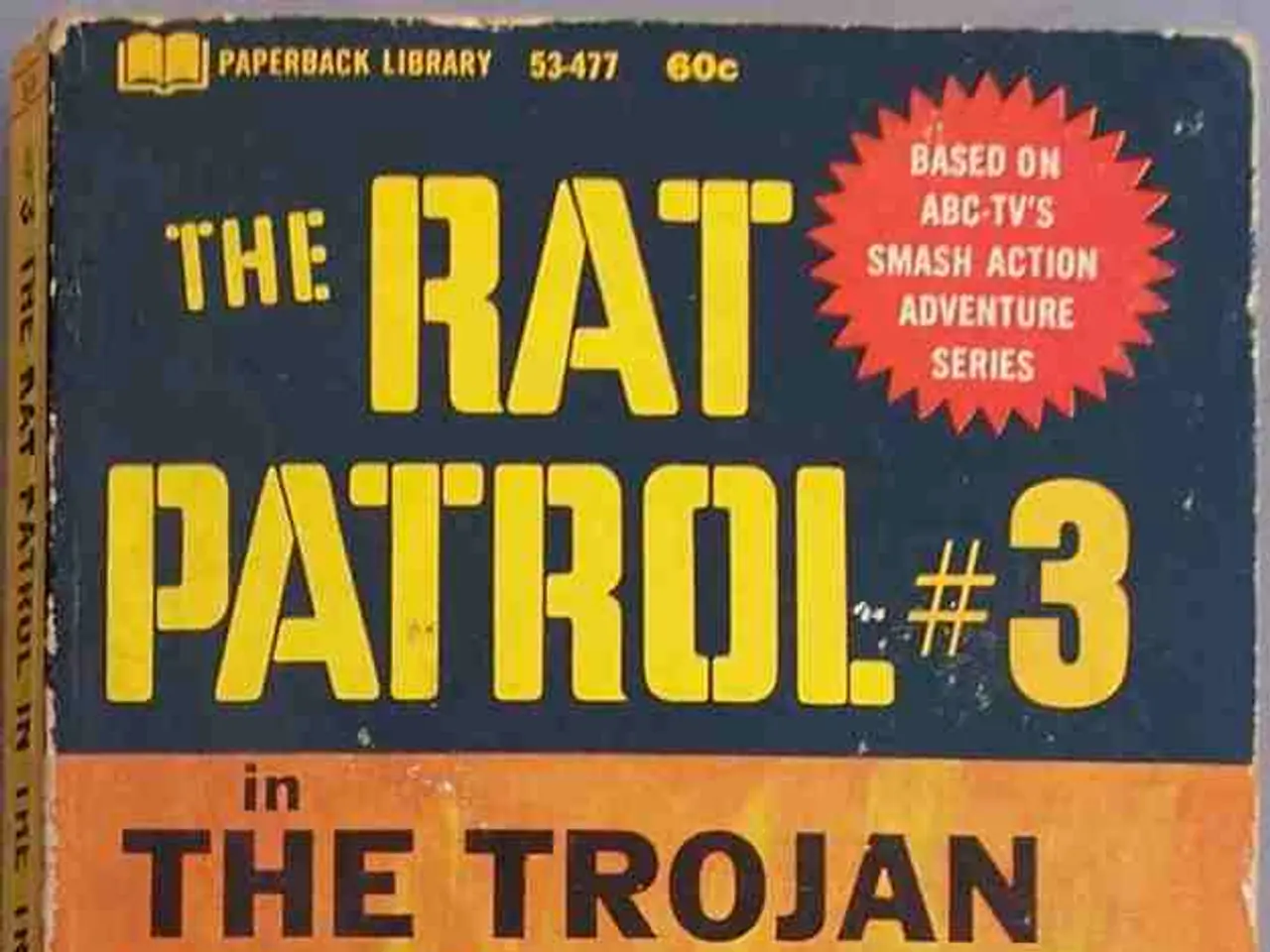Essential Elements Every Young Adult Novel Needs to Include
Writing a Great Young Adult Novel: Katie McCoach's Key Ingredients
In the vast world of literature, one name stands out for aspiring authors of young adult (YA) novels – Katie McCoach. An accomplished author and writing coach, McCoach has identified five key ingredients for crafting a captivating YA novel.
1. Relatable Characters
The first ingredient is the creation of characters that feel real and authentic. These characters should embody the emotions, struggles, and growth that resonate with teenagers, allowing them to connect with the story on a deeper level.
2. Strong Voice
A distinctive narrative voice is crucial in a YA novel. It should capture the energy and perspective of the YA audience, connecting readers with the character and story in a unique and engaging way.
3. Compelling Conflict
Meaningful internal and external conflicts form the backbone of a great YA novel. These conflicts drive the story and character development, providing a sense of urgency and tension that keeps readers hooked.
4. Relevant Themes
Themes that resonate with young adults, such as identity, belonging, and coming of age, should be woven into the narrative. These themes add depth and meaning to the story, making it relatable and thought-provoking for its intended audience.
5. Engaging Plot
Lastly, an engaging plot is essential. A plot that maintains pace and interest, often including elements of discovery, change, or challenge, keeps readers turning the pages and invested in the story.
For more detailed insights and verified quotes from Katie McCoach, you can visit her official website, read her essays published in TrainWrite and Kalliope, or explore her books specifically about YA writing craft.
In addition to her expertise in YA literature, Katie McCoach is a member of Romance Writers of America and the Editorial Freelancers Association. She is currently working on a contemporary romance novel, and her blog offers advice on editing, writing, and publishing.
In the competitive young adult market, standing out is crucial. By writing a great YA novel that adheres to McCoach's key ingredients, authors can make their work noticed and rely on word of mouth to help their book succeed.
YA readers appreciate a simple writing style that focuses on the story and characters. The protagonist's voice should be clearly defined and immediate, whether in first person POV, which places readers in the character's shoes, or third person POV, which allows for focus on multiple characters.
In YA novels, the story should be told as a teenager would tell it, with the voice and life experiences of a teenager. The unique outlook and strong characterization of YA protagonists make for engaging stories in the YA market.
YA novels can cover any subject matter, including tough topics like depression, rape, death, bullying, etc. The focus in YA fiction is on the character's growth and the journey they go through, providing readers with a relatable and impactful reading experience.
To stay updated on Katie McCoach's writing career and receive more advice, you can follow her on Twitter. Her unique insights and expertise make her an invaluable resource for aspiring YA authors.
- To create a captivating young adult (YA) novel, one should explore the realm of fashion-and-beauty, lifestyle, books, and entertainment, as these topics frequently resonate with the YA audience and can enrich the story's themes and characters.
- To deliver a compelling YA novel, it is essential to maintain a simple writing style that focuses on the story and characters, while ensuring the protagonist's voice is vivid and authentic, reflecting the unique outlook and life experiences of teenagers in the YA market.






